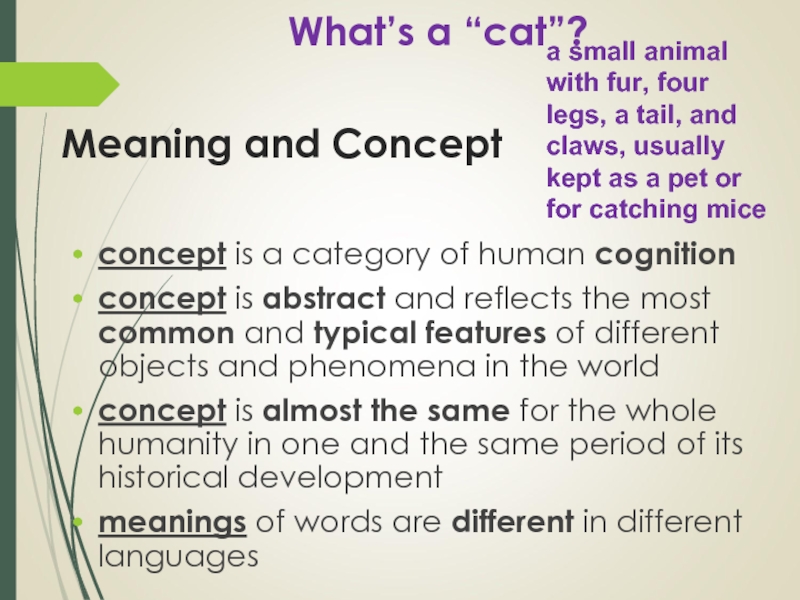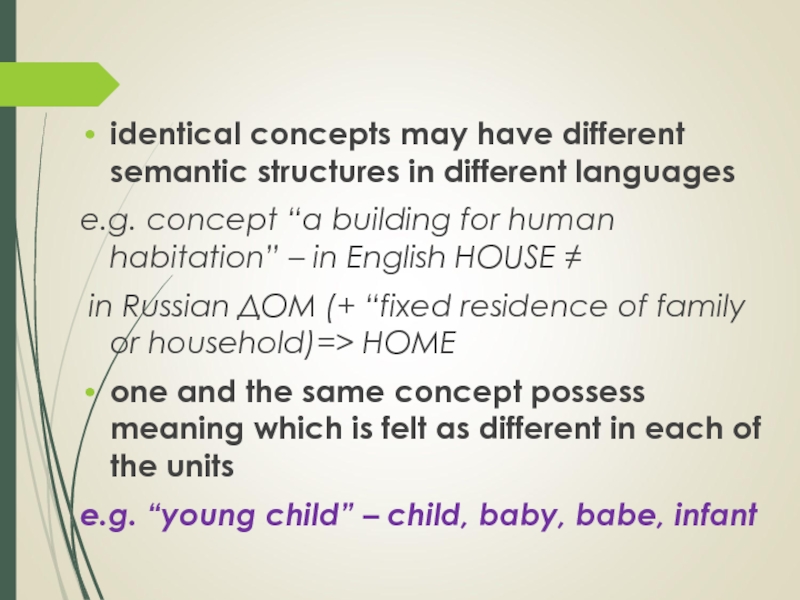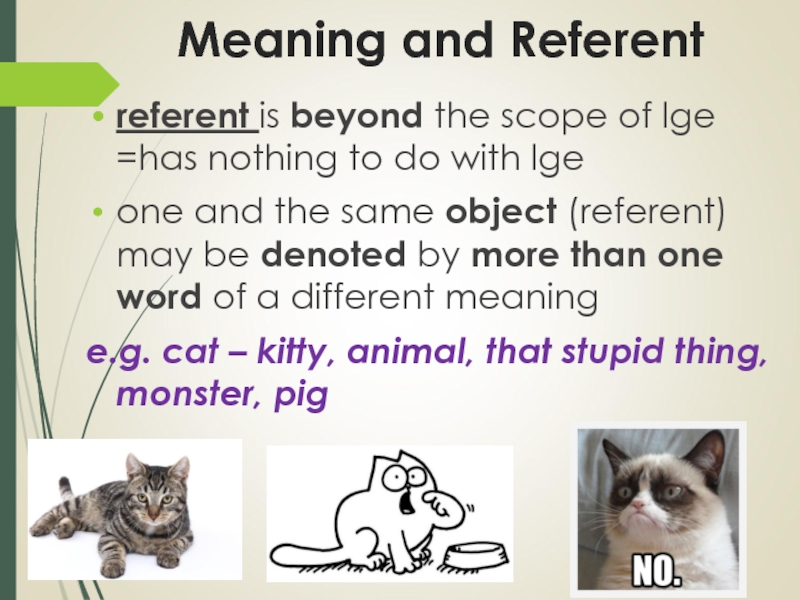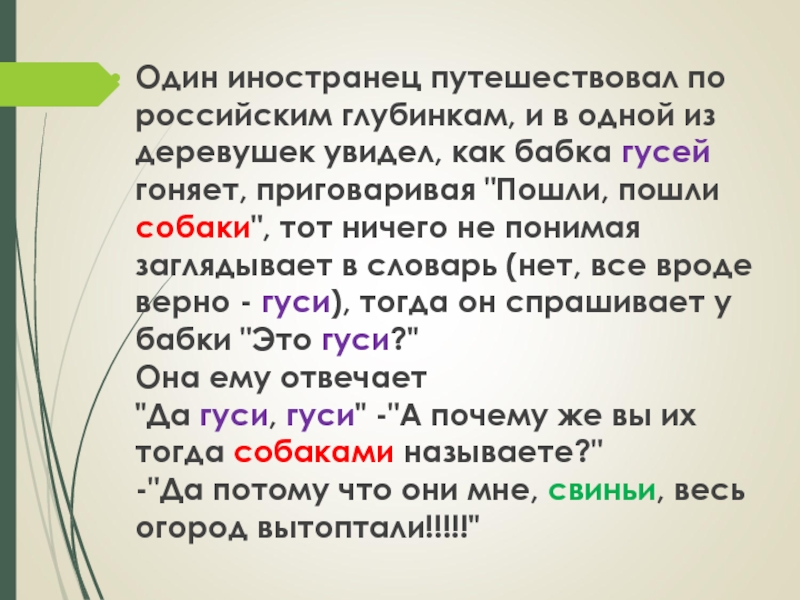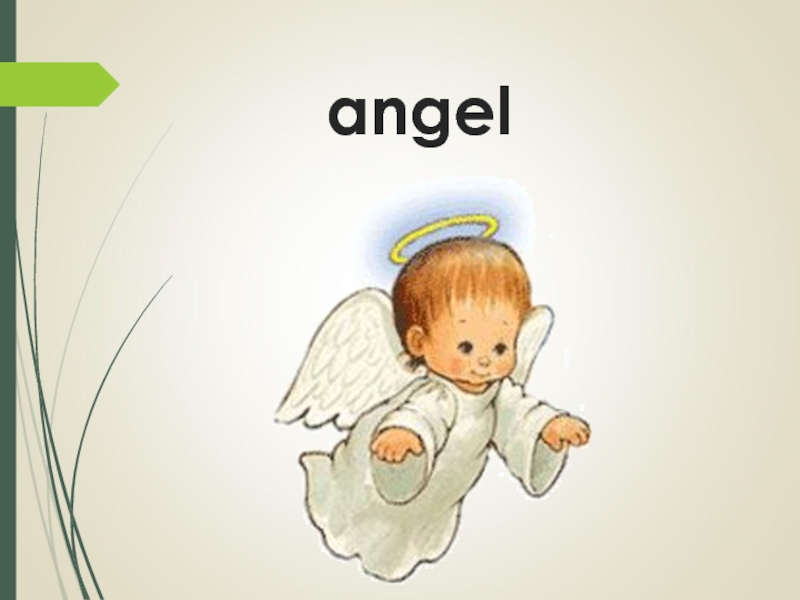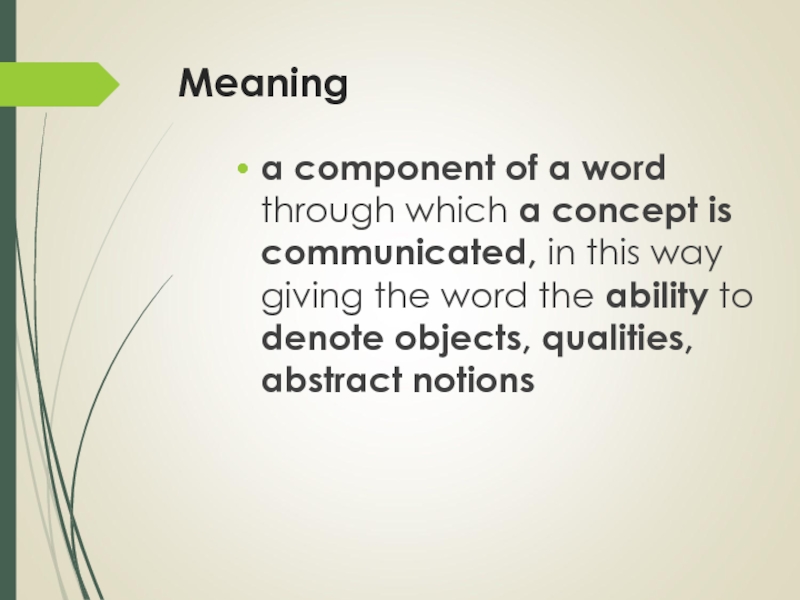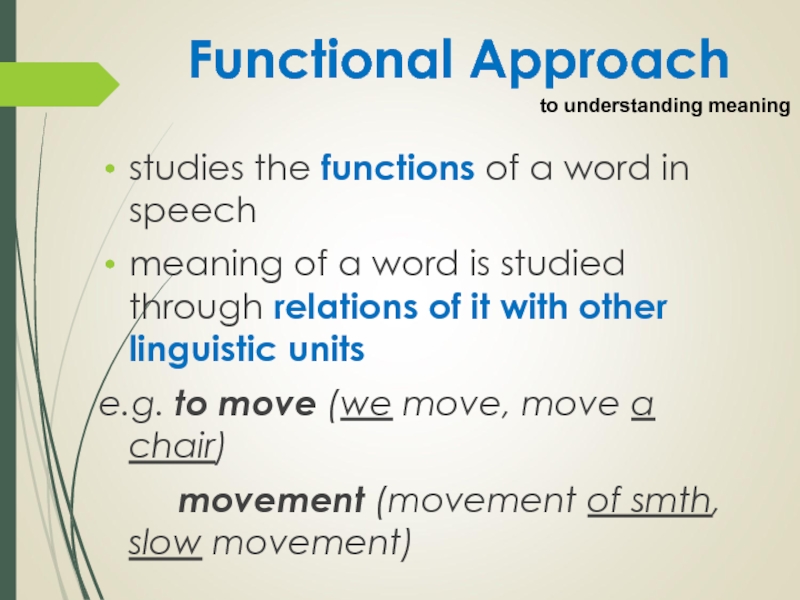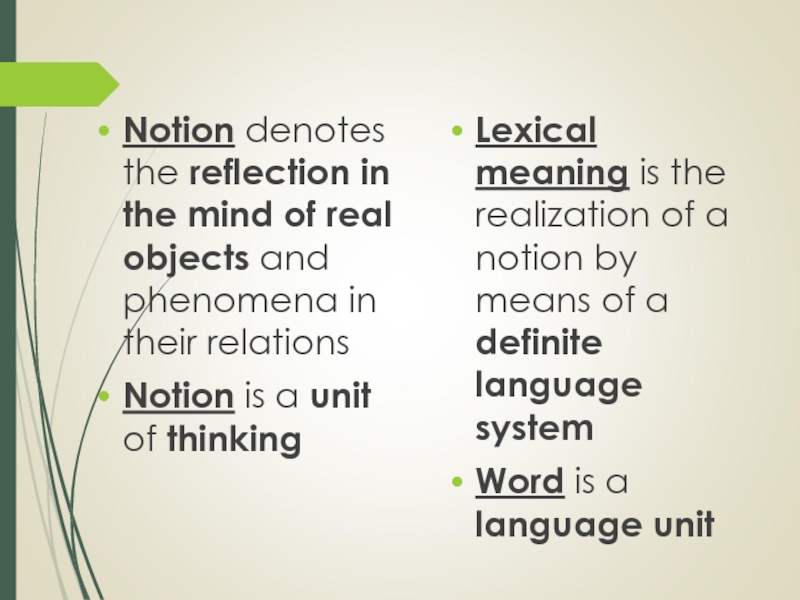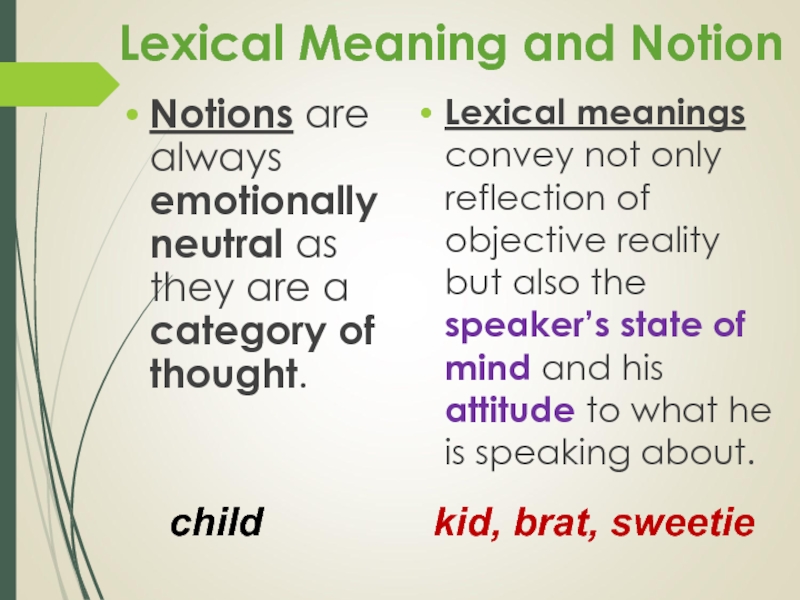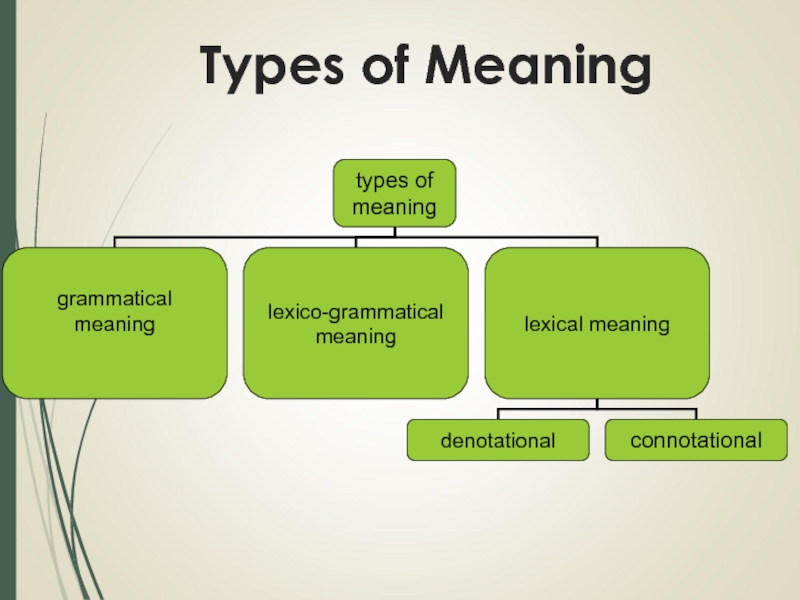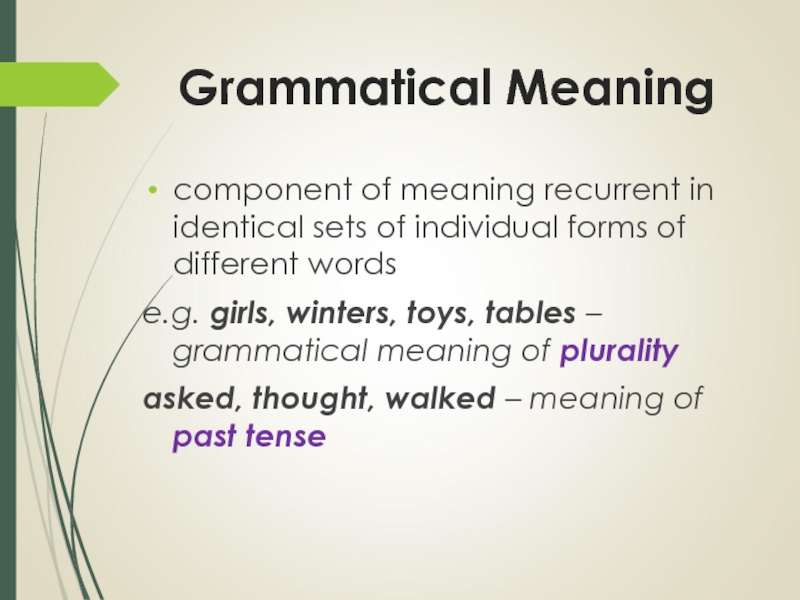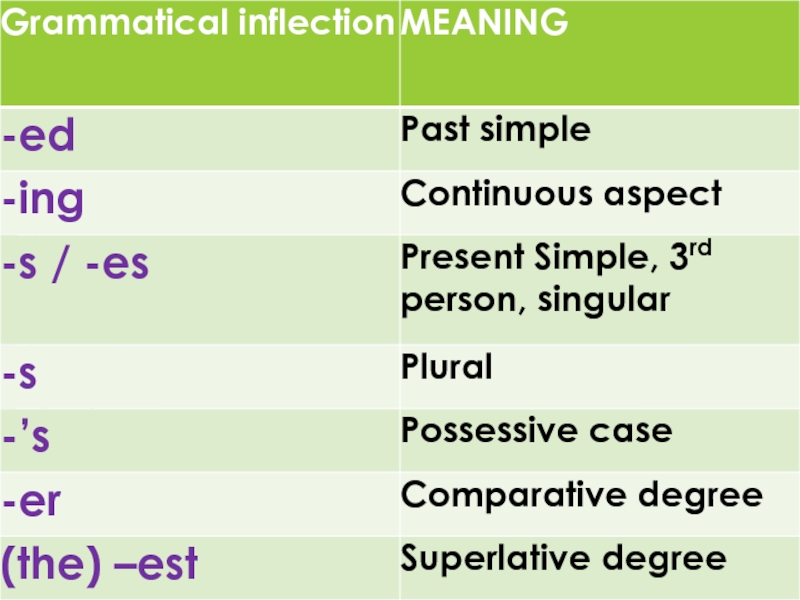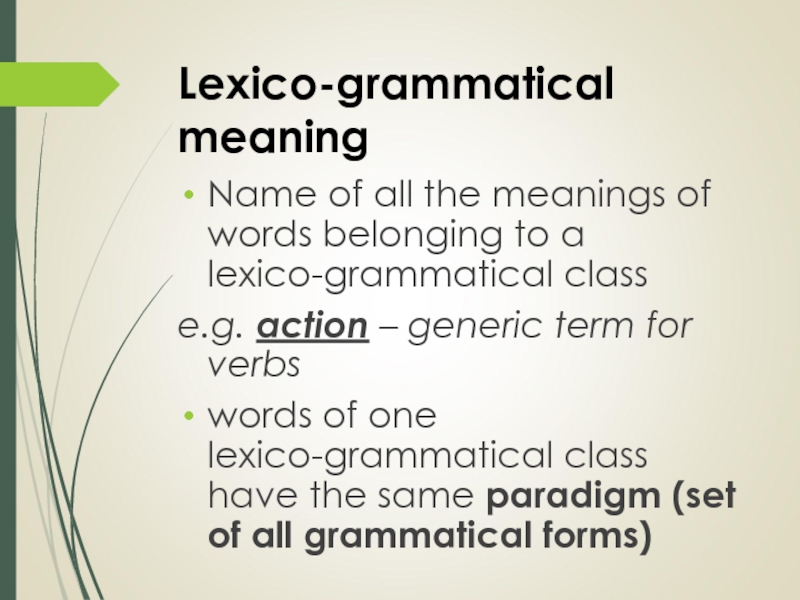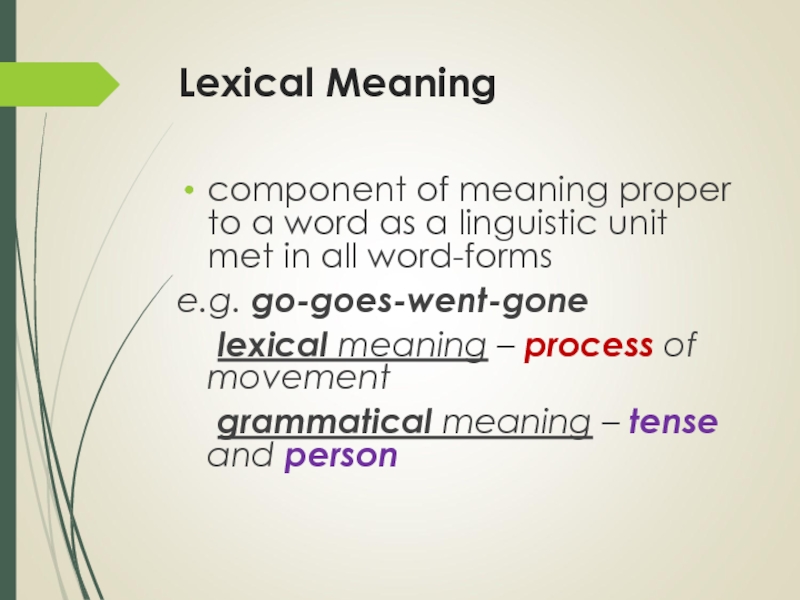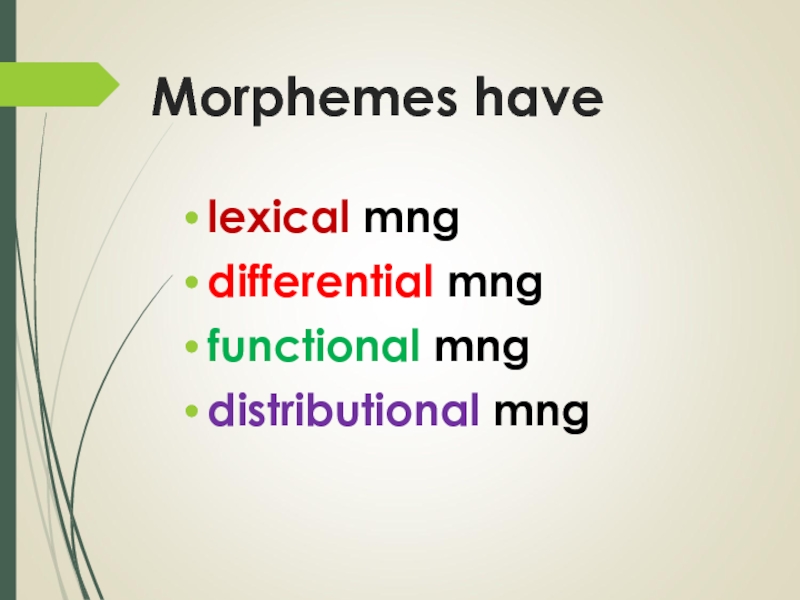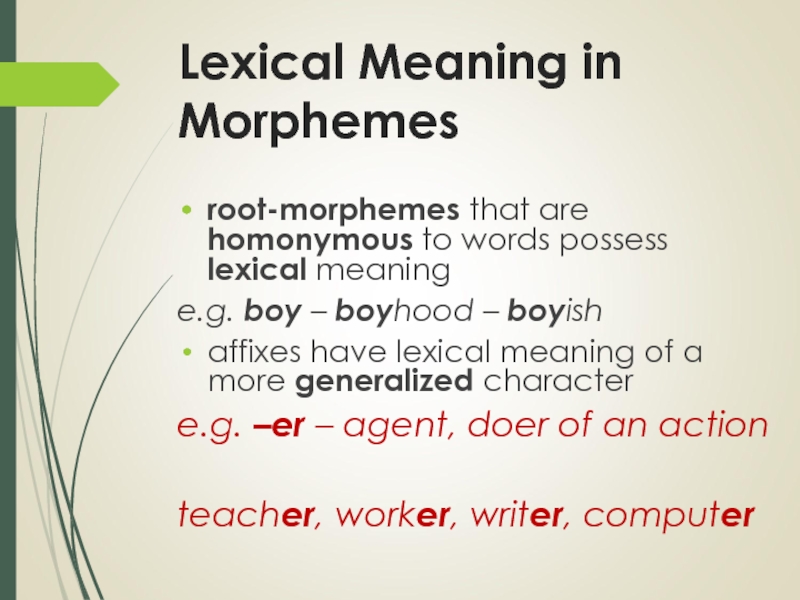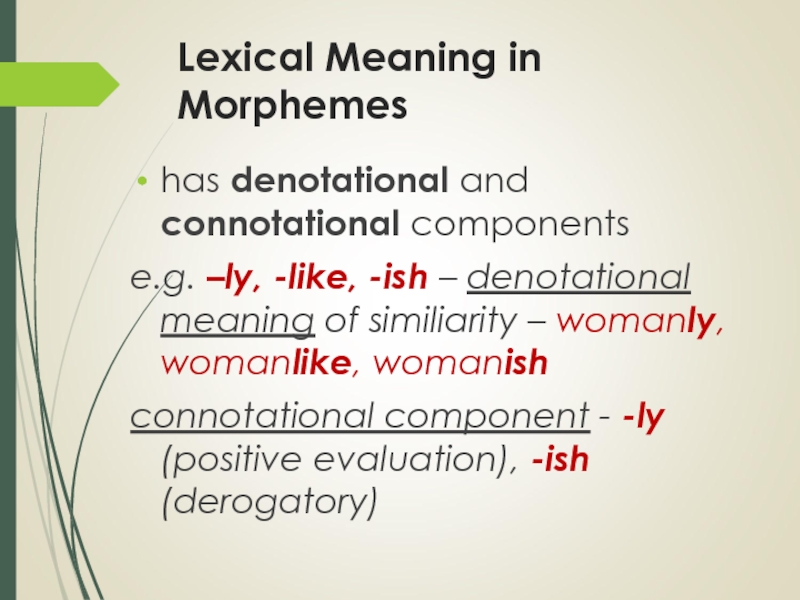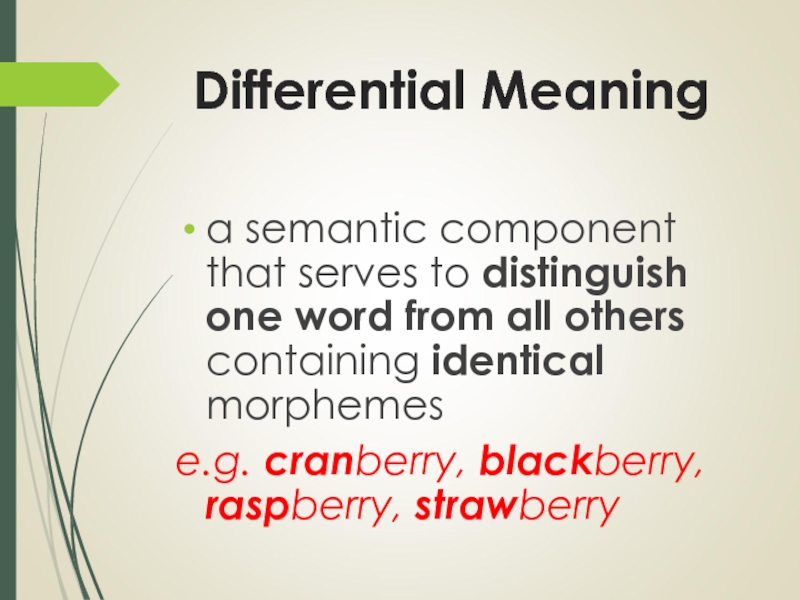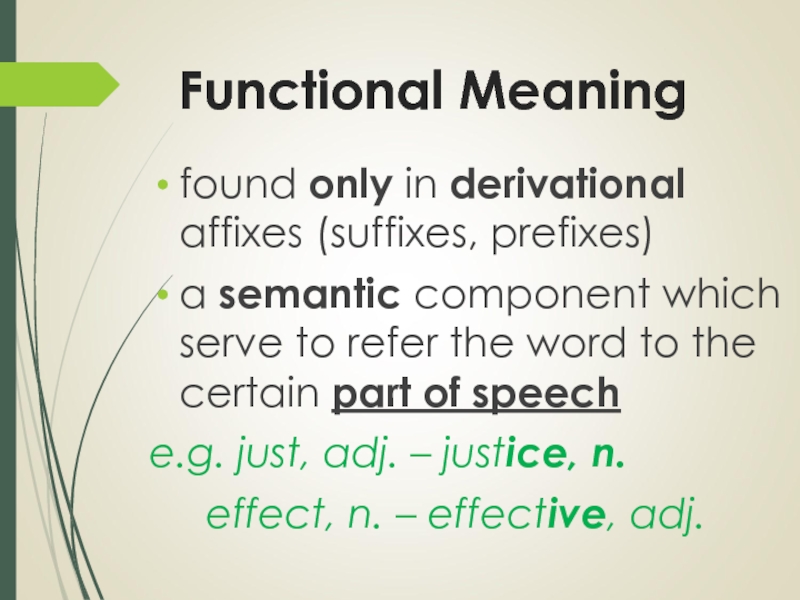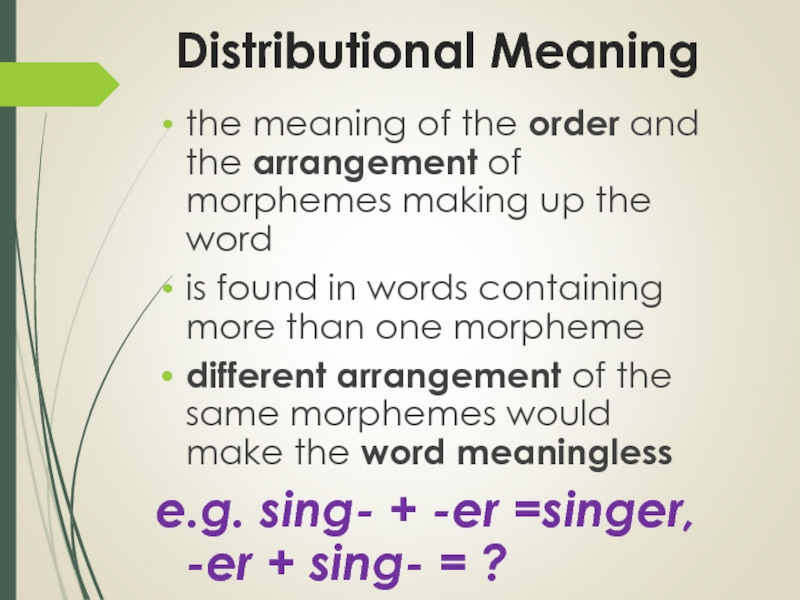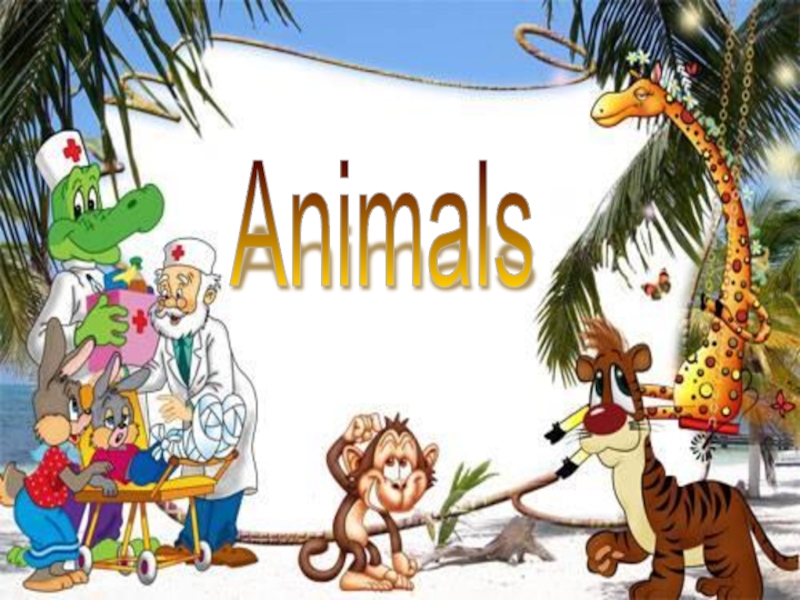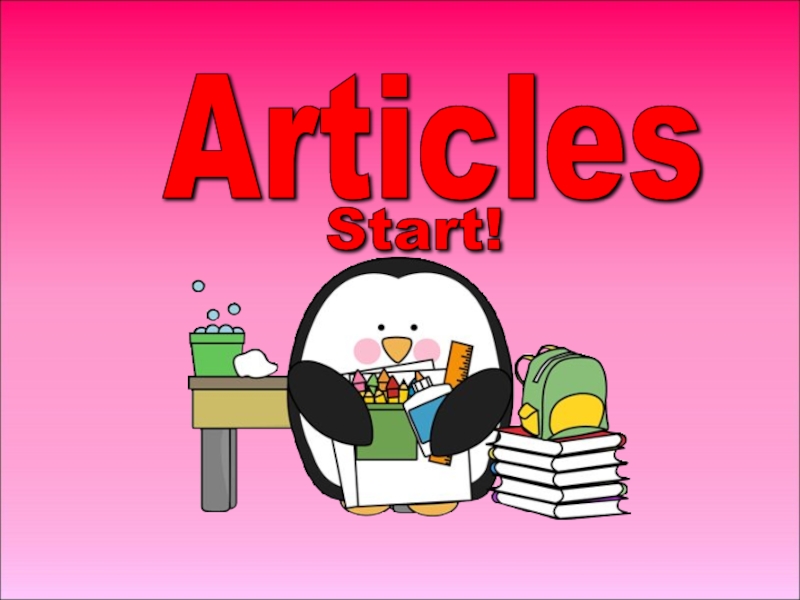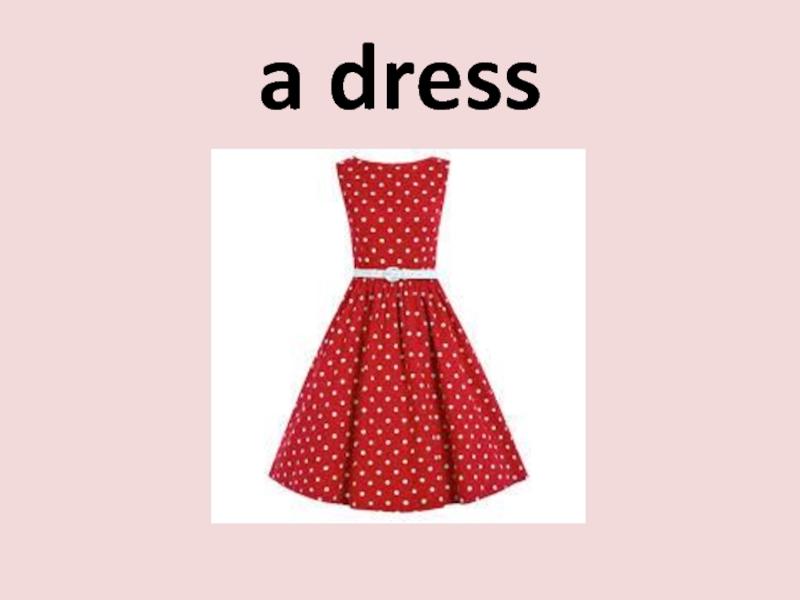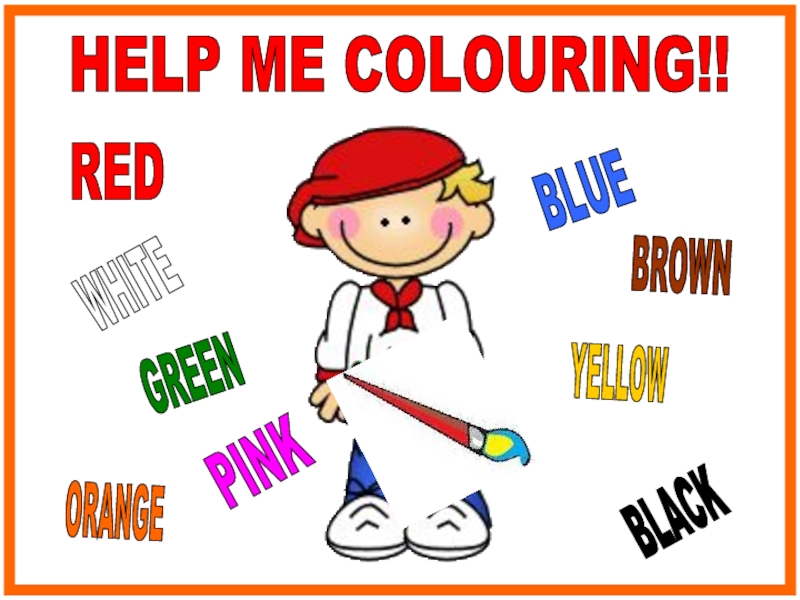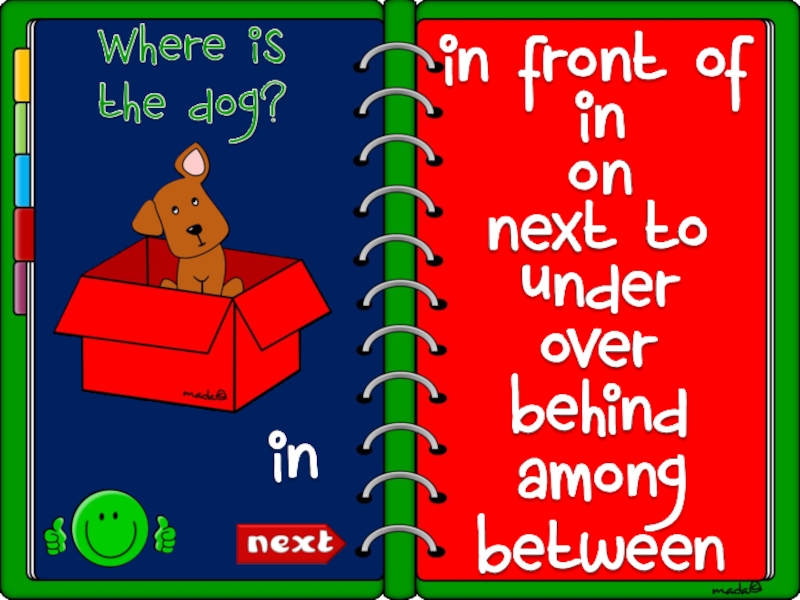- Главная
- Разное
- Дизайн
- Бизнес и предпринимательство
- Аналитика
- Образование
- Развлечения
- Красота и здоровье
- Финансы
- Государство
- Путешествия
- Спорт
- Недвижимость
- Армия
- Графика
- Культурология
- Еда и кулинария
- Лингвистика
- Английский язык
- Астрономия
- Алгебра
- Биология
- География
- Детские презентации
- Информатика
- История
- Литература
- Маркетинг
- Математика
- Медицина
- Менеджмент
- Музыка
- МХК
- Немецкий язык
- ОБЖ
- Обществознание
- Окружающий мир
- Педагогика
- Русский язык
- Технология
- Физика
- Философия
- Химия
- Шаблоны, картинки для презентаций
- Экология
- Экономика
- Юриспруденция
English lexicology презентация
Содержание
- 1. English lexicology
- 2. 2 approaches to word meaning Meaning and
- 3. Semantics branch of linguistics which studies meaning of words and word equivalents
- 4. 2 Approaches to Word Meaning The Referential Approach The Functional Approach
- 5. Referential Approach essence of meaning => interdependence
- 6. Semantic Triangle concept (thought, reference)
- 8. Meaning and Sound-form are not identical
- 9. nearly identical sound-forms may have different meanings
- 10. even considerable changes in sound-form do not
- 11. What’s a “cat”? concept is a category
- 12. identical concepts may have different semantic structures
- 13. Meaning and Referent referent is beyond the
- 14. Один иностранец путешествовал по российским глубинкам, и
- 15. angel
- 16. Meaning a component of a word through
- 17. Functional Approach studies the functions of a
- 18. Notion denotes the reflection in the mind
- 19. Lexical Meaning and Notion Notions are always
- 20. Types of Meaning
- 21. Grammatical Meaning component of meaning recurrent in
- 23. Lexico-grammatical meaning Name of all
- 24. Lexical Meaning component of meaning proper to
- 25. Morphemes have lexical mng differential mng functional mng distributional mng
- 26. Lexical Meaning in Morphemes root-morphemes that are
- 27. Lexical Meaning in Morphemes has denotational and
- 28. Differential Meaning a semantic component that
- 29. Functional Meaning found only in derivational affixes
- 30. Distributional Meaning the meaning of the order
Слайд 1Meaning Formation. Meaning and Notion.
Meaning in Morphemes.
English Lexicology, lecture 4.
Ecaterina Albu,
Слайд 5Referential Approach
essence of meaning => interdependence between words and things or
distinguishes between 3 components closely connected with meaning:
the sound-form of the linguistic sign
the concept
the referent
to understanding meaning
Слайд 6Semantic Triangle
concept
(thought, reference)
the thought of the object that singles
sound-form (symbol, sign) linguistic sign
Cat (Eng)
Pisica (Ro)
Кот (Ru)
Neko (Jap)
Katze (Germ)
Gato (Sp)
referent
object denoted by the word, part of reality
a small animal with fur, four legs, a tail, and claws, usually kept as a pet or for catching mice
Cute, independent, elegant, intelligent, mean, ancient Egypt, bad luck,
Слайд 8Meaning and Sound-form
are not identical
different
MAY convey
one and the same mng
cat (Eng)
pisica (Ro)
кот (Ru)
Katze (Germ)
gato (Sp)
neko (Jap)
chat (Fr)
Слайд 9nearly identical sound-forms may have different meanings in different languages
e.g. [kot]
[kot] Romanian – elbow - cot
[kot] Russian – a male cat - кот
identical sound-forms may have different meanings (homonyms)
e.g. knight [nait]
night [nait]
Слайд 10even considerable changes in sound-form do not affect the meaning
e.g. OE
Слайд 11What’s a “cat”?
concept is a category of human cognition
concept is abstract
concept is almost the same for the whole humanity in one and the same period of its historical development
meanings of words are different in different languages
a small animal with fur, four legs, a tail, and claws, usually kept as a pet or for catching mice
Meaning and Concept
Слайд 12identical concepts may have different semantic structures in different languages
e.g. concept
in Russian ДОМ (+ “fixed residence of family or household)=> HOME
one and the same concept possess meaning which is felt as different in each of the units
e.g. “young child” – child, baby, babe, infant
Слайд 13Meaning and Referent
referent is beyond the scope of lge =has nothing
one and the same object (referent) may be denoted by more than one word of a different meaning
e.g. cat – kitty, animal, that stupid thing, monster, pig
Слайд 14Один иностранец путешествовал по российским глубинкам, и в одной из деревушек
Слайд 16Meaning
a component of a word through which a concept is communicated,
Слайд 17Functional Approach
studies the functions of a word in speech
meaning of
e.g. to move (we move, move a chair)
movement (movement of smth, slow movement)
to understanding meaning
Слайд 18Notion denotes the reflection in the mind of real objects and
Notion is a unit of thinking
Lexical meaning is the realization of a notion by means of a definite language system
Word is a language unit
Слайд 19Lexical Meaning and Notion
Notions are always emotionally neutral as they are
Lexical meanings convey not only reflection of objective reality but also the speaker’s state of mind and his attitude to what he is speaking about.
child
kid, brat, sweetie
Слайд 21Grammatical Meaning
component of meaning recurrent in identical sets of individual forms
e.g. girls, winters, toys, tables – grammatical meaning of plurality
asked, thought, walked – meaning of past tense
Слайд 23
Lexico-grammatical meaning
Name of all the meanings of words belonging to a
e.g. action – generic term for verbs
words of one lexico-grammatical class have the same paradigm (set of all grammatical forms)
Слайд 24Lexical Meaning
component of meaning proper to a word as a linguistic
e.g. go-goes-went-gone
lexical meaning – process of movement
grammatical meaning – tense and person
Слайд 26Lexical Meaning in Morphemes
root-morphemes that are homonymous to words possess lexical
e.g. boy – boyhood – boyish
affixes have lexical meaning of a more generalized character
e.g. –er – agent, doer of an action
teacher, worker, writer, computer
Слайд 27Lexical Meaning in Morphemes
has denotational and connotational components
e.g. –ly, -like, -ish
connotational component - -ly (positive evaluation), -ish (derogatory)
Слайд 28 Differential Meaning
a semantic component that serves to distinguish one word
e.g. cranberry, blackberry, raspberry, strawberry
Слайд 29Functional Meaning
found only in derivational affixes (suffixes, prefixes)
a semantic component which
e.g. just, adj. – justice, n.
effect, n. – effective, adj.
Слайд 30Distributional Meaning
the meaning of the order and the arrangement of morphemes
is found in words containing more than one morpheme
different arrangement of the same morphemes would make the word meaningless
e.g. sing- + -er =singer, -er + sing- = ?
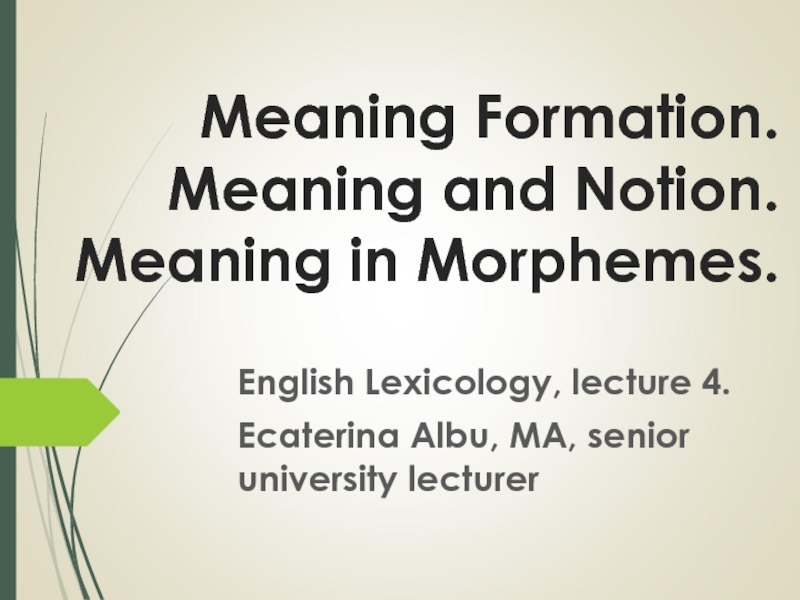
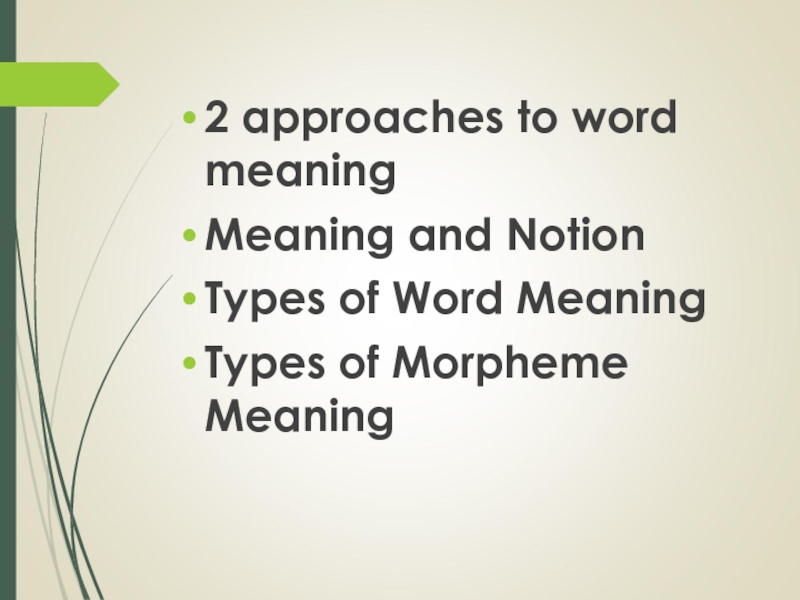
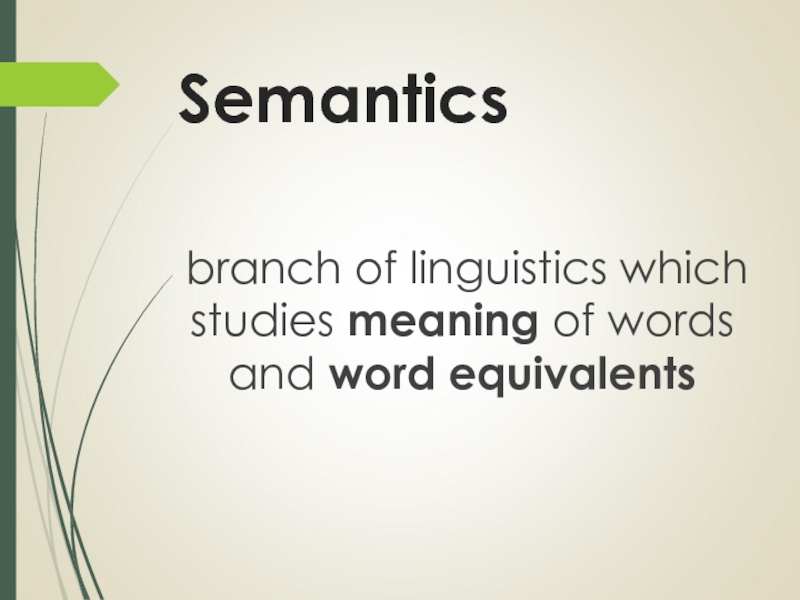
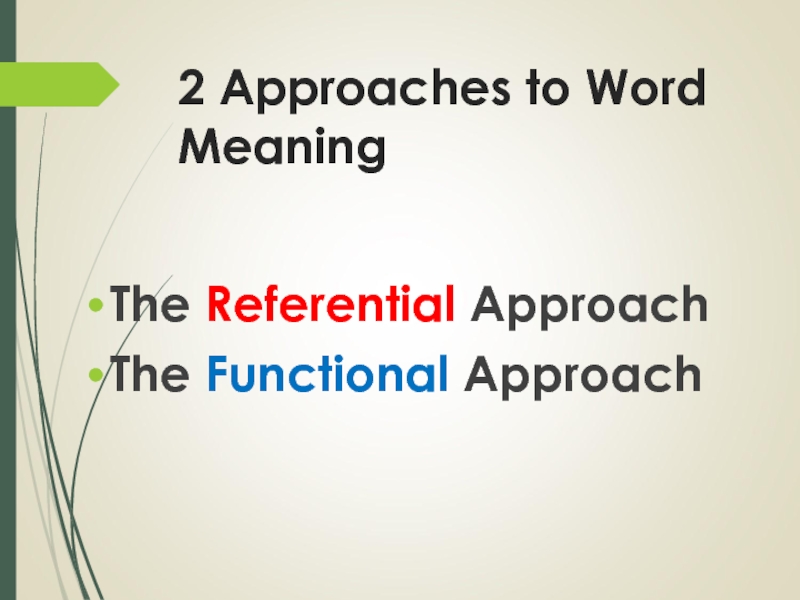
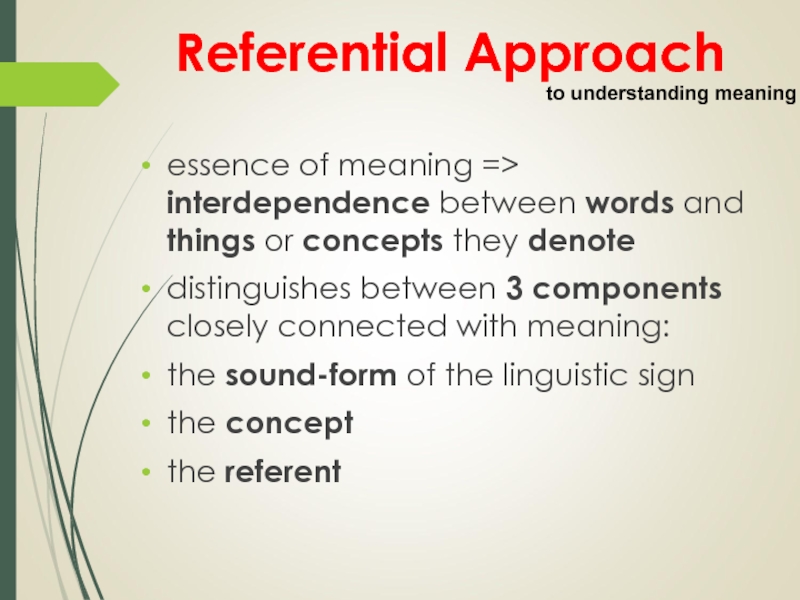
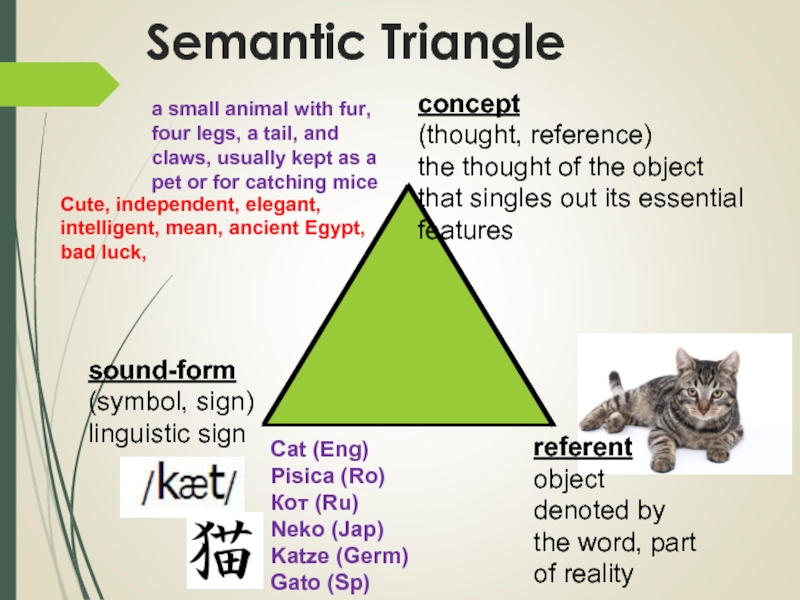
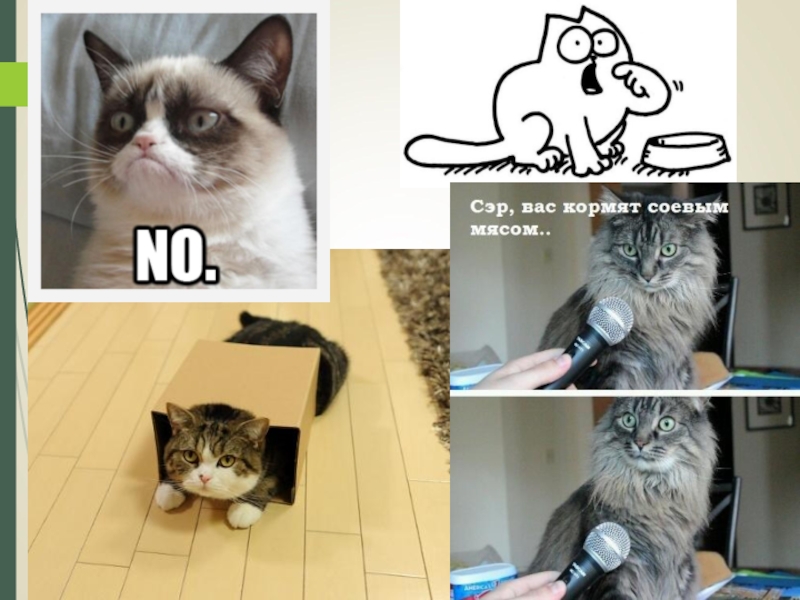
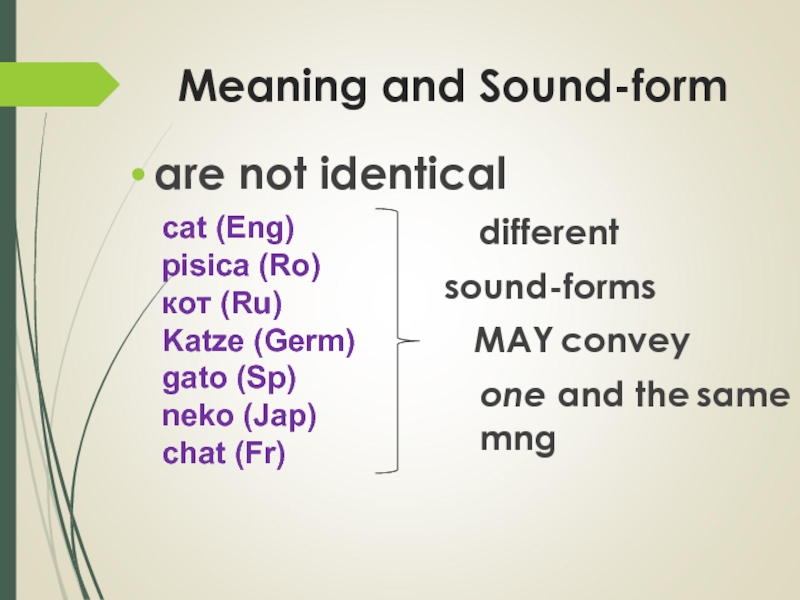
![nearly identical sound-forms may have different meanings in different languagese.g. [kot] English – a small](/img/tmb/1/93893/1926458eb0c73ba4aab0fdb95a444ef9-800x.jpg)
![even considerable changes in sound-form do not affect the meaninge.g. OE lufian [luvian] – love](/img/tmb/1/93893/54f7b023afed44d6a5012565018e22f0-800x.jpg)
